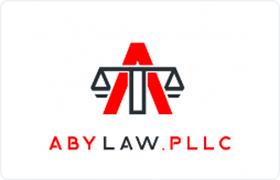Puckett Juvenile Law Lawyer, Mississippi
Sponsored Law Firm
-
 x
x

Click For More Info:
-
Abby Law, PLLC
403 B Towne Center Blvd Suite 102 Ridgeland, MS 39157» view mapCriminal Defense Law Get the Legal Support You Need
If you need an experienced litigation attorney, look no further than Aby Law, PLLC. We are a trusted general practice law firm in Ridgeland, MS.
800-953-2840
B Steven Burt
Collection, Workers' Compensation, Bankruptcy, Juvenile Law
Status: In Good Standing Licensed: 36 Years
Jovaunda Lavern Smith
Juvenile Law, Commercial Real Estate, Divorce & Family Law, Criminal
Status: In Good Standing Licensed: 25 Years
Rachelle Sevier Richardson
Juvenile Law, Other, Insurance, Health Care Other
Status: In Good Standing Licensed: 14 Years
Blake Edrington Bell
Criminal, Traffic, DUI-DWI, Juvenile Law
Status: In Good Standing Licensed: 13 Years
 Heather Aby Ridgeland, MS
Heather Aby Ridgeland, MS Practice AreasExpertise
Practice AreasExpertise
